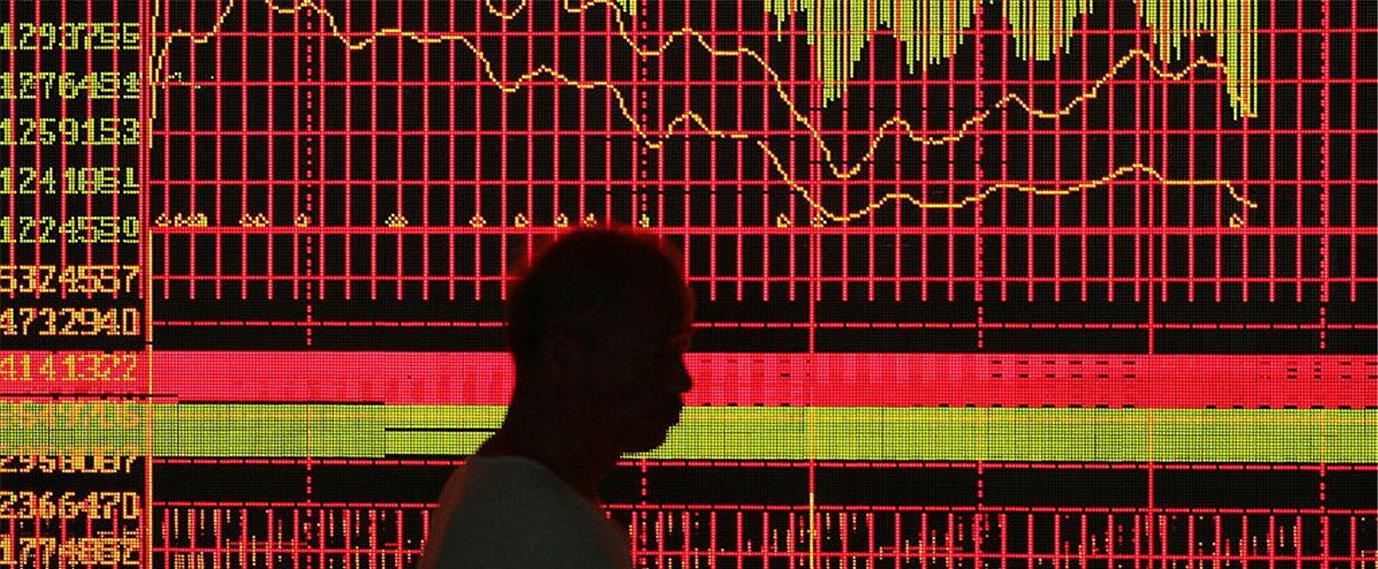مستقبل الصحافة والإعلام رهينٌ بقدرة المهنيين على مواكبة الطفرة التقنية الحالية، فبعد استعمال الإنترنت والبريد الإلكتروني والشبكات الاجتماعية كوسائل جديدة لنقل الخبر ومواكبة الأحداث، بدأ جيل جديد من الإعلاميين في خوض عالم صحافة البيانات.
وصحافة البيانات وسيلة تقنية تستدعي اللجوء إلى الحواسب والهواتف الذكية والألواح الإلكترونية بطريقة جديدة لإعداد الروايات والأخبار الصحفية.
فالصحافة القائمة على البيانات تشكل قطيعة مع الممارسة الصحفية التي كانت تعاني من شح المعلومات وصعوبة صيد الخبر وجمعه. وأما مع الطفرة التقنية، فقد أصبحت معالجة الخبر نفسِه أمرا أكثر أهمية.
إن التحدي المطروح مع تطور هذا التخصص الجديد في الصحافة هو كيف يمكن استخدام البيانات الرقمية لإنتاج وتوزيع المعلومات في عصر الثورة الرقمية؟
لا تحتاج صحافة البيانات فقط إلى صحفيين وإعلاميين، فهذا المجال الذي لا يزال في مرحلة جنينية يحتاج إلى أمرين اثنين: الرؤية الصحفية التي يتحلى بها الصحفي المتمرس، والمعرفة التقنية لخبراء رقميين.
فأول ما يميز صحافة البيانات أنها مساحة تلتقي فيها مجالات وكفاءات متعددة مثل فنون التصميم وعلوم الحاسوب والإحصاء. وهذا التداخل المهني هو ما أفرز تجارب صحفية جديدة استفادت من زخم البيانات المتوفرة، ووظفت التقنية في معالجتها لإنتاج قصص وروايات صحفية. ونسوق هنا على سبيل الذكر لا الحصر تجربة مشروع "Datablog" لصحيفة "ذي غارديان" البريطانية (2009)، حيث استطاعت هذه المؤسسة الإخبارية معالجة العديد من المواضيع الصحفية بالاعتماد على قواعد البيانات الإخبارية الضخمة، وتصوير البيانات والتصوير التفاعلي( )، و من بين المواضيع المعالجة تحليلُ نفقات البرلمانيين البريطانيين عبر دراسة أكثر من 450 ألف وثيقة.
وأما تسريبات ويكيليكس فقد ساهمت في بروز تقارير صحفية مبنية على تصريحات إخبارية مجهولة لكمّ هائل من البيانات (سجلات حرب العراق، الحرب الأفغانية، برقيات الدبلوماسية الخارجية الأميركية).
كما أن قناة "بي.بي.سي" راكمت تجارب رائدة في مجال صحافة البيانات، فقد قضى فريق أحد برامج القناة عدة أشهر في العمل مع مركز الصحافة الاستقصائية لجمع البيانات حول رواتب القطاع العام، وكانت النتيجة إنتاج فيلم وثائقي تلفزيوني وتقرير خاص نُشر على الإنترنت بعنوان "رواتب القطاع العام". وقد مكنت هذه التجربة الرائدة من تحليل الفروق الشاسعة في الرواتب في القطاع العام حيث أظهرت مثلا أن رئيس الوزراء يتقاضى راتبا أقل بالمقارنة مع مسؤولين آخرين بالإدارة العمومية.
ثم توالت التجارب عبر العالم في محاولة للاستفادة من هذه الطفرة التقنية وثورة المعلومات والبيانات لإنتاج مواد صحفية متعددة الوسائط، تقرن بين الرؤية الصحفية ووسائل تقنية معقدة كفيلة بتيسير استغلال البيانات المتاحة.
صحيح أن استعمال الحاسوب والتقنية ما انفك يواكب تطور الممارسة الصحفية منذ تسعينيات القرن الماضي، غير أن الجديد الذي حملته صحافة البيانات هو تسريع وتيرة الاستفادة من الطفرة التقنية خاصة منذ بداية القرن الحالي.
ولا شك أن نضج صحافة البيانات لم يكتمل بعد، إلا أن مستقبلها واعدٌ خاصة مع توالي الطفرات التقنية وتزايد الاهتمام الدولي بمفهوم المصادر المفتوحة (Open data)، فضلا عن انخراط المواطنين ومساهمة القراءة المتعددة الوسائط في خلق وإغناء الروايات الصحفية، وذلك بفضل تطور ظاهرة "حشد المصادر" أو "استخدام الجمهور كمصدر للمعلومات" ((Crowdsourcing، حيث صارت المؤسسات الصحفية والنشطاء يحصلون على المعلومات والصور والفيديوهات مما ينشره الجمهور عبر وسائل وشبكات التواصل الاجتماعية (فليكر، تويتر، فيسبوك، أنستغرام، يوتيوب وغيرها).
ويبقى التحدي المطروح -بغض النظر عن آثار تطور صحافة البيانات على الممارسة الصحفية- هو: كيف يمكن تسريع وتيرة تملُّك هذه الممارسة الإعلامية المُجددة؟
إن العبرة ليست بشراء الآلات أو الحواسب الجديدة، بقدر ما هي بلورة اقتناع المؤسسات الإعلامية العربية بضرورة الاستثمار في الرأسمال البشري، إلى جانب تكوين فرق عمل متعددة الاختصاصات، فمحاربة الأمية الرقمية بين مهنيي الإعلام شرطٌ لازم لتشجيع تطور ممارسة صحافة البيانات في العالم العربي، إذ لا تزال معاهد الإعلام رهينة الأسئلة الخمسة التقليدية والهرم المقلوب، عوض أن تستشرف الطفرات المهنية المتعددة والمتسارعة التي يشهدها العمل الصحفي، وأن تسعى إلى تجديد برامج تدريب الصحفيين وإلى تملّك الآليات والأدوات الجديدة المستعملة عالميا لاستغلال الكم الهائل من المعلومات المتوفرة في عصر الثورة الرقمية.
وأما فيما يخص الصحفيين المتمرسين، فقد حان الوقت للعودة إلى فصول الدراسة لتحديث المعلومات والمعارف واكتساب مهارات تقنية جديدة كفيلة بمساعدتهم على استغلال ما راكموه من تجارب لإنتاج روايات وقصص صحفية في قوالب جديدة توظف فرص صحافة البيانات.
ولعلَّ تطور صحافة البيانات فرصة تاريخية على اعتبار أن العالم العربي هو الآن في قلب الرهانات الاستراتيجية ومسارات التغيير السياسي، سواء على المستوى القُطري أو الدولي. وهذا المخاض الجيوسياسي هو في حد ذاته فرصة للصحفيين والتقنيين لبلورة روايات وقصص صحفية بالاعتماد على أكوام الأرقام والمعلومات المتوفرة على الخط وعلى قواعد البيانات، سواء منها العمومية أو المحجوبة عن أنظار الرأي العام.








































